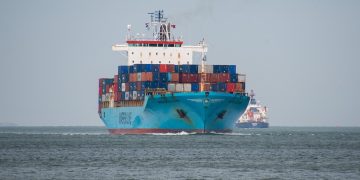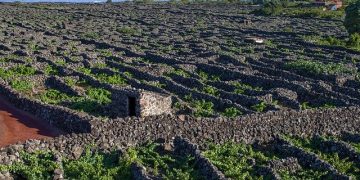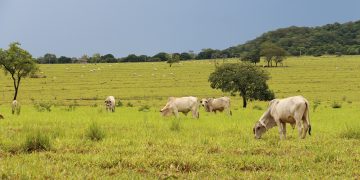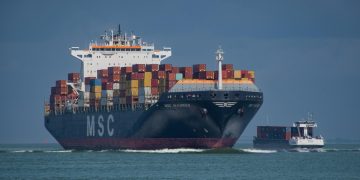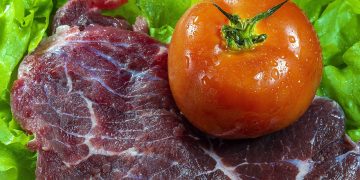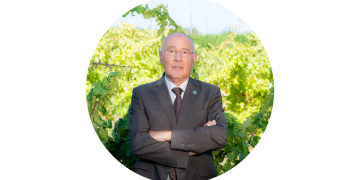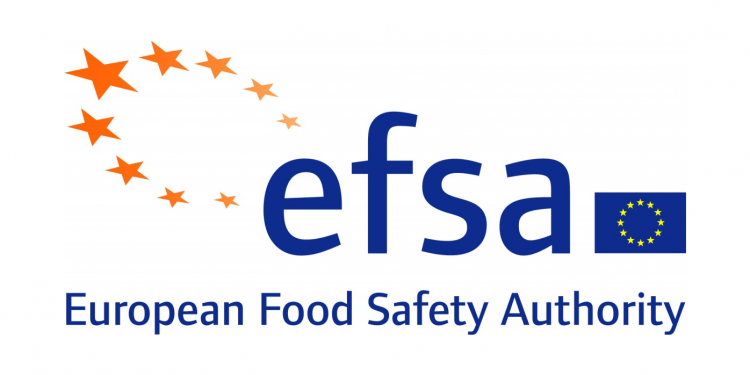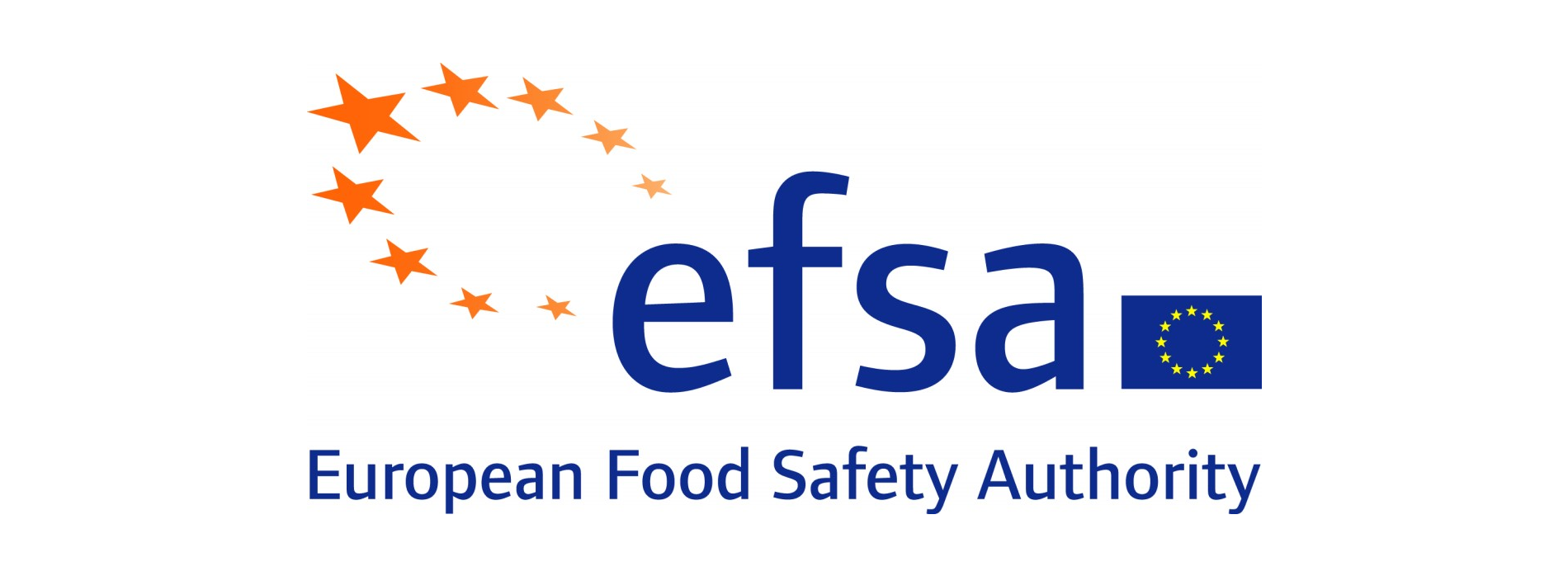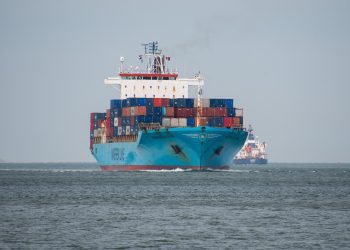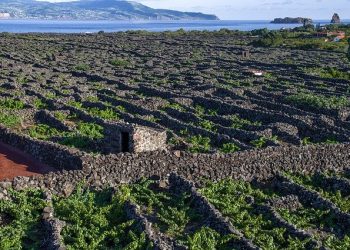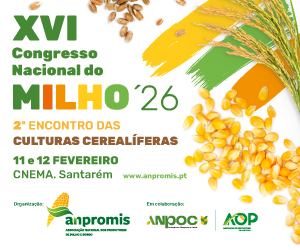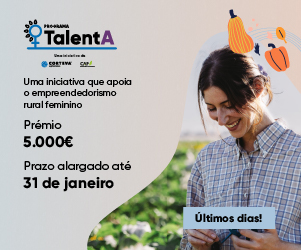Intakes of energy, saturated fats, sodium and added sugars/free sugars are too high in Europe, so reducing them would help to combat chronic diseases linked to unhealthy diets. Dietary fibre and potassium intakes, however, are too low in most European adult populations, so increasing them would also contribute to improved health.
These are among the main findings of EFSA’s scientific advice related to nutrient profiling, published today. Our nutrition experts have identified the nutrients and non-nutrient food components of public health importance for Europeans, the food groups with important roles in European diets, and scientific criteria to guide the choice of nutrients for nutrient profiling.
The European Commission requested EFSA’s scientific advice to inform both the development of a future EU-wide system for front-of-pack nutrition labelling and conditions for restricting nutrition and health claims on foods. Importantly, EFSA did not evaluate or propose a particular nutrient profiling model for either of these purposes. (See more about the opinion in the FAQs below.)
Extensive engagement during consultation
EFSA held a public consultation on the draft opinion from November 2021 to January 2022. This generated 529 comments from 83 organisations and individuals in 21 countries.
Ana Afonso, Head of the Nutrition and Food Innovation unit at ESFA, said: “We would like to thank everyone who contributed feedback. Our scientists examined every comment and considered every question. Your input helped us to clarify our assessment’s scope and delineate more precisely our scientific contribution from factors outside EFSA’s remit.”
Some comments indicated misunderstanding about EFSA’s role and responsibilities in the nutrition area. These issues are addressed in the FAQ below.
What happens next?
As part of the Farm to Fork Strategy, the European Commission intends to propose a revision of existing legislation on the provision of food information to consumers at the end of 2022. EFSA’s scientific input will inform the Commission’s proposal alongside other evidence collected by the Commission. You can follow future updates as they are made available on the Commission website.
Frequently Asked Questions
- Which scientific criteria should be used to guide the choice of nutrients for nutrient profiling?
The choice of nutrients should be driven primarily by their public health importance, i.e. when excessive or inadequate intakes are associated with adverse health effects. However, they may be included for other reasons, e.g. because they are markers of other nutrients of public health importance, or to prioritise the consumption of certain foods within the same food category.
As an example of the latter, our opinion notes that risk managers may decide to include some omega-3s in nutrient profiling models to encourage fatty fish consumption in line with their dietary recommendations. They may choose to do so even though data on intakes of these fatty acids are insufficient to conclude whether or not they are consumed in adequate amounts.
- What nutrients could be considered in nutrient profiling models?
The following could be considered in nutrient profiling models:
- Saturated fats, sodium, and added/free sugars intakes exceed dietary recommendations in most European populations and excess intakes are associated with adverse health effects.
- Considering the high prevalence of overweight and obesity in Europe, a decrease in energy intake is of public health importance for European populations.
- Dietary fibre and potassium intakes are inadequate in most European adult populations and inadequate intakes are associated with adverse health effects.
- Iron, calcium, vitamin D, folate and iodine intakes are inadequate in specific sub-populations. Whereas increasing dietary intake of these nutrients is often not sufficient to meet their needs, some foods/food groups make important contributions to their intake. These are usually addressed by national policies and/or individual advice.
- What are the main food groups contributing to European diets?
The dietary roles and relative contributions of different food groups vary across European countries owing to dietary habits and traditions.
They include starchy foods (mostly cereals and potatoes), fruits and vegetables, legumes and pulses, milk and dairy, meat and meat products, fish and shellfish, nuts and seeds, and non-alcoholic beverages, as recognised in national food-based dietary guidelines in Member States.
- Which food groups are recommended at national level?
National guidelines encourage consumption of whole grains, fruits and vegetables, nuts and seeds, fat-reduced milk and dairy products, fish and water. Food products high in saturated fats, sugars and/or sodium owing to food processing are generally discouraged, even within these food categories.
National guidelines also encourage regular consumption of legumes and pulses partially replacing meat (particularly red meat and processed meat), and the consumption of vegetable oils rich in monounsaturated and polyunsaturated fats (e.g. olive, sunflower, corn and rapeseed oils) instead of fats high in saturates (e.g. palm and coconut oils, butter and other animal fats).
- Was EFSA asked to set nutrient profiles for front-of-pack labelling and for limiting nutrition and health claims on foods? Why does EFSA not provide complete advice on how nutrient profiles should be set?
The European Commission as risk manager will propose the nutrient profiling model to be used for these two different purposes. It is not a task for EFSA.
Our scientific experts stated that the same scientific considerations could underpin the setting of nutrient profiling models for both purposes. However, it is a choice for risk managers as to whether the same model or different models are used for each purpose.
The European Commission requested scientific advice on some specific aspects only: identification of nutrients and non-nutrient components (e.g. energy, dietary fibre) of public health importance for European populations, food groups with an important role in European diets, and on criteria that could guide the choice of nutrients and non-nutrient food components for nutrient profiling models.
EFSA was not asked: whether nutrient profiles should be set for food across the board and/or for categories of food; about an approach for calculating the profiles (threshold vs. scoring systems); about the choice of the reference quantity/basis for nutrient profiles (i.e. per energy, weight or volume unit of the product vs per portion); or, about the feasibility and testing of nutrient profiling models. These aspects were addressed by EFSA in 2008 in relation to the setting of nutrient profiles for foods bearing nutrition and health claims but were out of scope in 2022.
Further information
For more background on the scope of this scientific advice and replies to questions related to our nutrition role, please see our more detailed FAQs:
O artigo foi publicado originalmente em EFSA.


